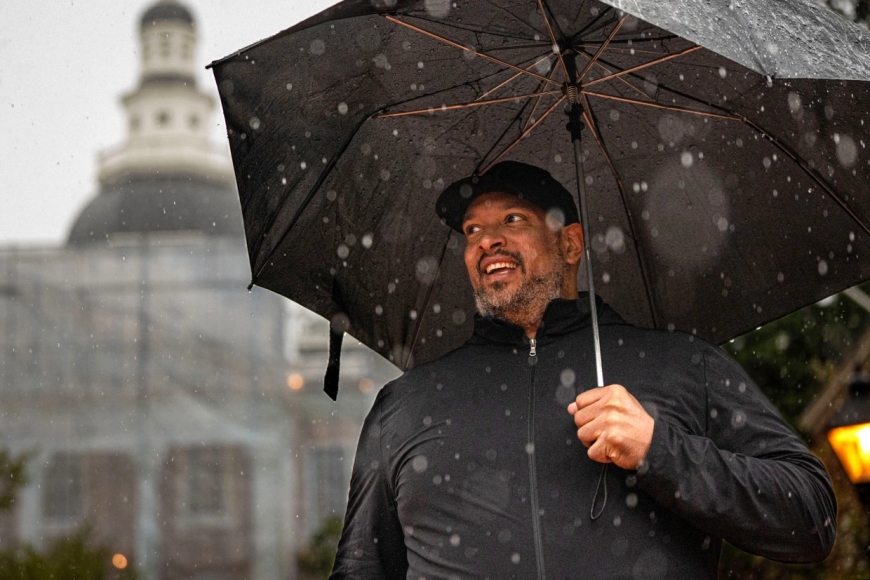Jan. 6 Capitol Police Officer Harry Dunn Contends for Maryland House Seat Amidst High-Profile Primary

The race to represent Maryland's deep-blue 3rd Congressional District has become a focal point of national interest as voters face a pivotal choice in the upcoming Tuesday primary. Harry Dunn, a former U.S. Capitol Police officer who gained national prominence during the January 6, 2021 Capitol riot, is vying against seasoned state legislators for a chance to succeed retiring Democratic Representative John Sarbanes.
Dunn, who stood as a key figure during the Capitol breach by supporters of then-President Donald Trump, has since leveraged his visibility to transition into politics. His heartfelt testimony about the events of Jan. 6 and subsequent media appearances have transformed him into a notable public figure. With roughly $4.6 million in campaign funds, Dunn's entry into politics has been marked by significant financial backing, reflecting his broad appeal and national recognition.
His primary competitors, state Senators Sarah Elfreth and Clarence Lam, bring substantial legislative experience to the table, focusing on critical local issues such as healthcare, environmental protection, and economic development. Elfreth has been particularly visible, helping constituents navigate public health challenges during the pandemic and championing renewable energy legislation. Lam, noted for his healthcare policy reforms, has emphasized his unique perspective as a physician and his commitment to public health.
The campaign has also seen substantial external influence, with the American Israel Public Affairs Committee's associated super PAC, United Democracy Project, injecting over $4 million into the race to support Elfreth, mostly through television advertising in the Baltimore area. This influx of funds has sparked debates about the role of money in politics, with Dunn criticizing the overwhelming external financial involvement in the democratic process.
Despite the high stakes and intense competition, Dunn's platform extends beyond his Jan. 6 experience. He advocates for a range of progressive policies, including affordable healthcare, housing, gun control, voting rights, and the codification of Roe v. Wade. His campaign has worked to broaden his appeal beyond his anti-Trump stance, showcasing his dedication to addressing key issues affecting Maryland residents.
As the primary approaches, Democratic voters in the district are deliberating whether to back Dunn's bid for transformational change based on his national profile or opt for candidates like Elfreth and Lam, whose legislative accomplishments reflect a deep commitment to local governance and community issues. The outcome of this primary is expected to not only shape the future representation of Maryland's 3rd Congressional District but also signal the broader political currents shaping Democratic priorities ahead of the general elections.













































